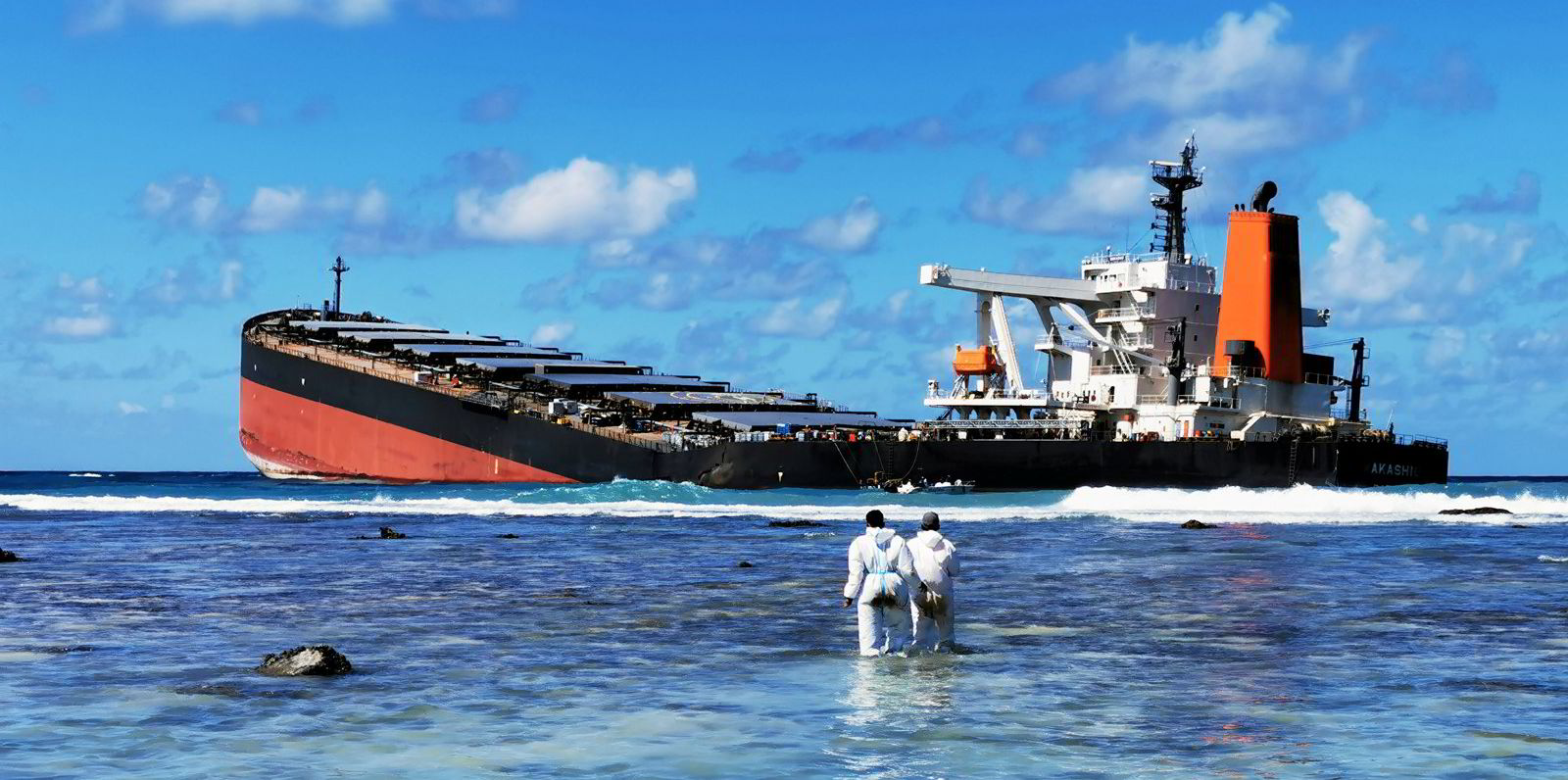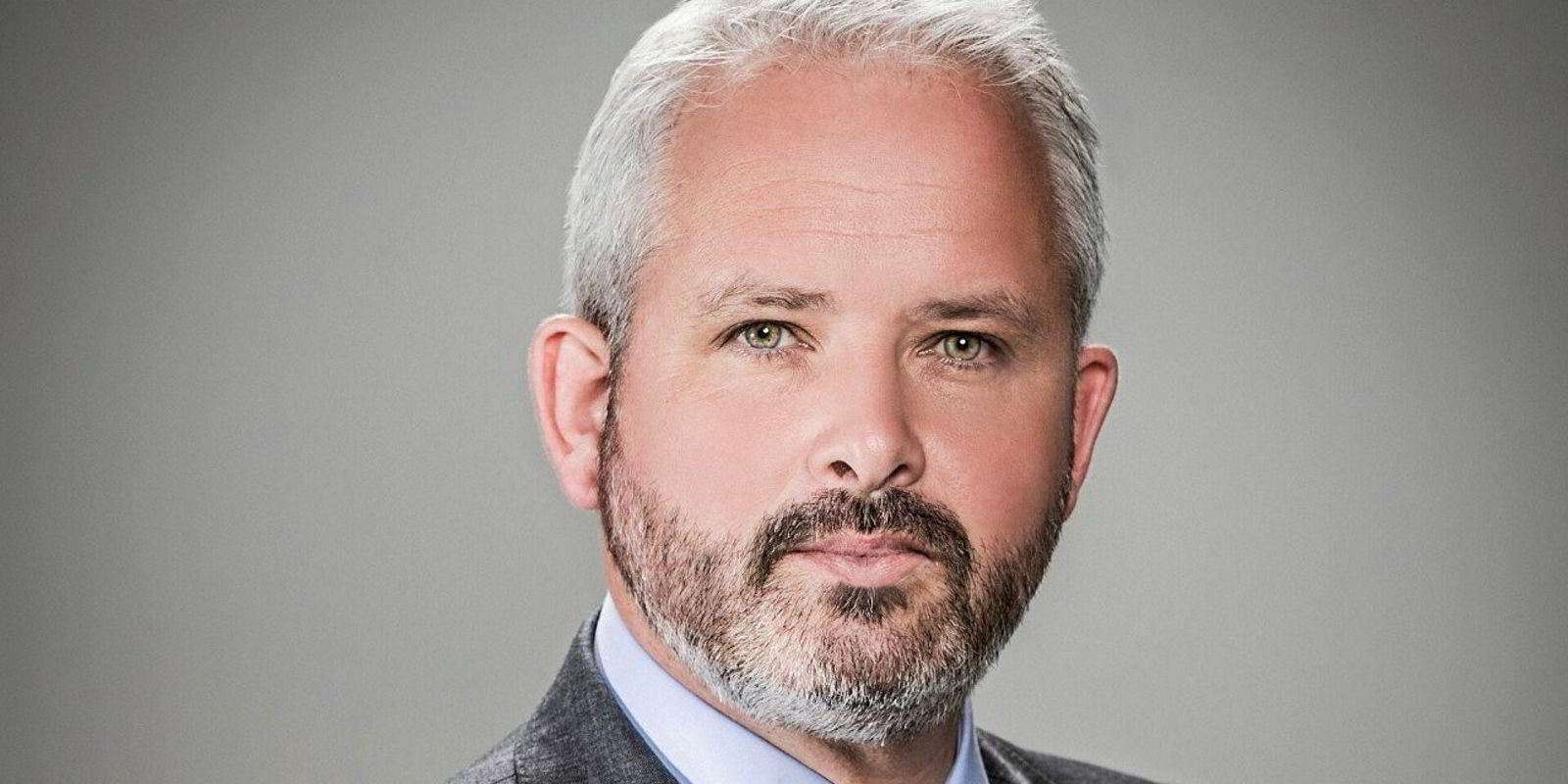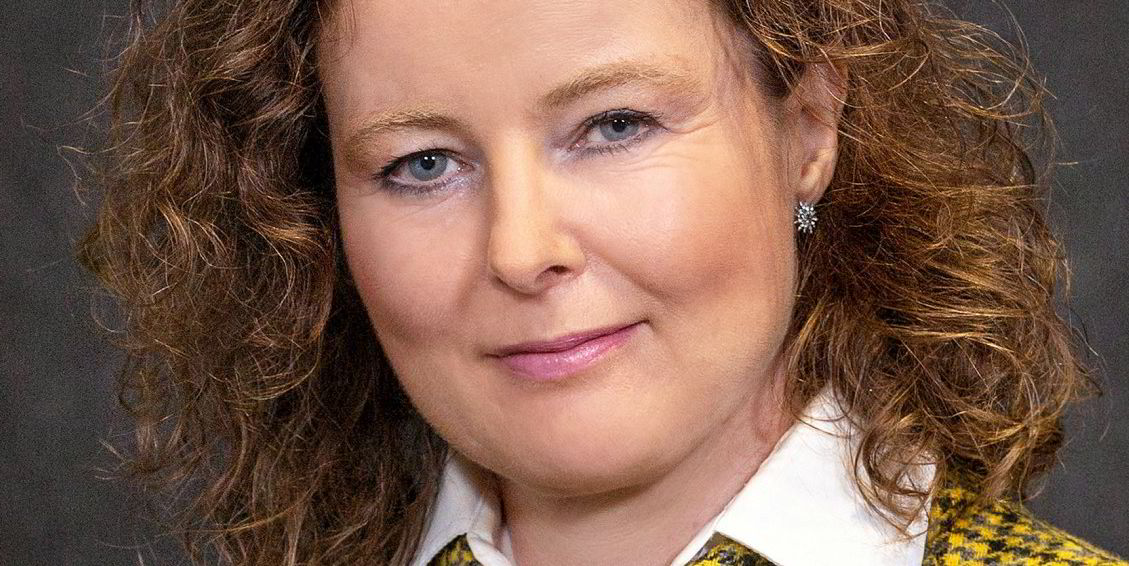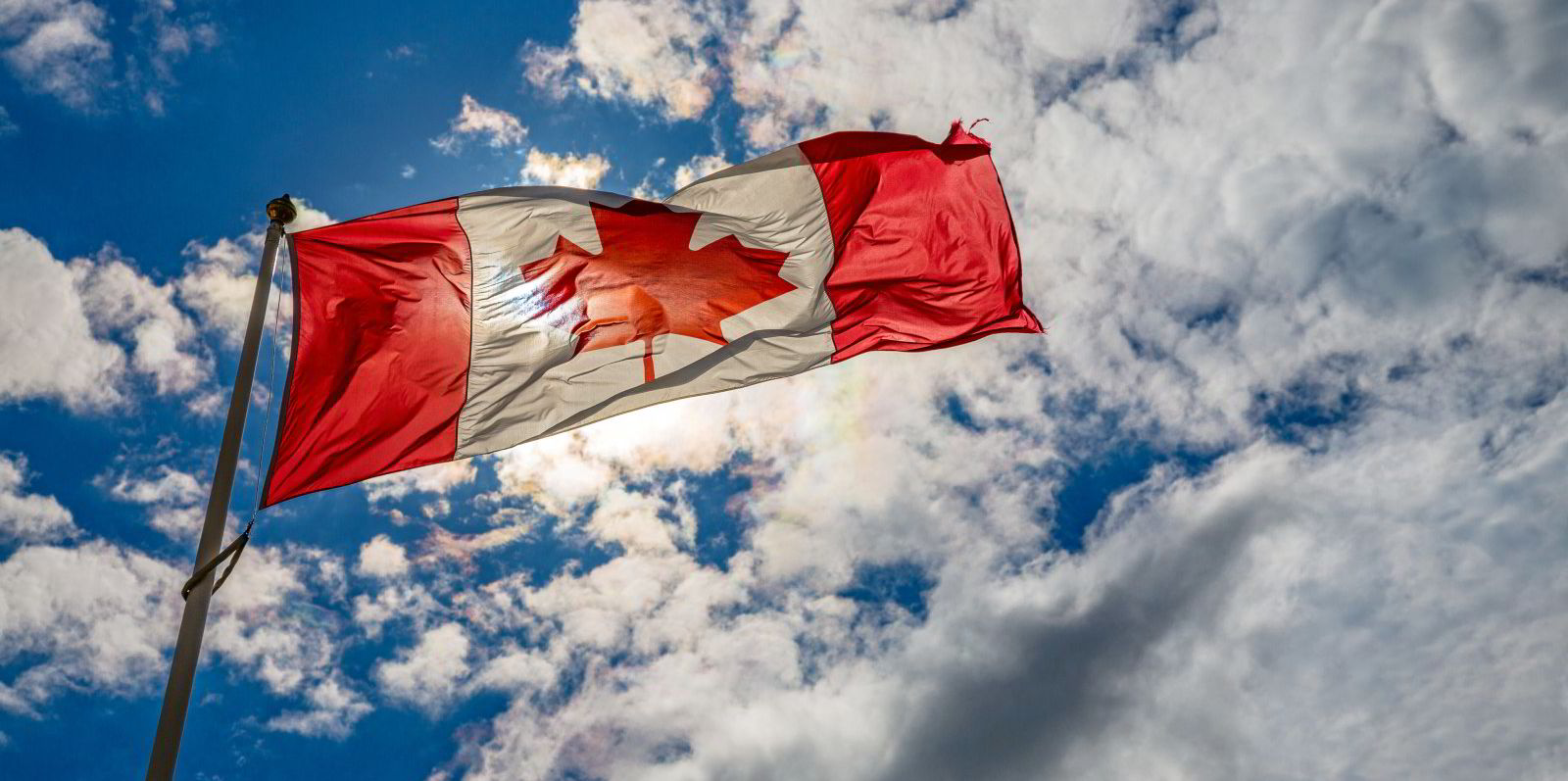The United Nations Human Rights Council has launched a study into how the UN's maritime agency regulates hazardous substances amid allegations of a “shipping-gate” scandal.
The International Maritime Organization has allowed ships to burn very low-sulphur fuel oil (VLSFO) as part of the bunker rules introduced in 2020 to reduce sulphur emissions from shipping.
In a series of articles published by Forbes in recent weeks, Mauritian development economist Nishan Degnarain said VLSFO contains “a wide variety of undefined toxic chemicals” that put seafarers and ocean environments at risk, even linking its usage to the sinking of 203,000-dwt Wakashio (built 2007).
The council said it has begun to analyse how the IMO’s regulations for toxic substances affect human rights, and Marcos Orellana, a law lecturer at George Washington University, was appointed as special rapporteur to lead the efforts.
Orellana would meet IMO officials to “identify good practices, as well as areas that need improvement” and the IMO would “make constructive and concrete recommendations”, according to the council’s website.
Moreover, Orellana is inviting feedback from human rights groups, civil society organisations and other interested stakeholders on marine pollution, shipbreaking, decarbonisation, safety of navigation, among other topics.
The preliminary findings are expected to be presented in a press conference held in February or later.
Campaign against VLSFO
Degnarain, a visiting fellow to London School of Economics who sits on the board of Mauritius National Ocean Council, has been highly critical of VLSFO in his articles since the Wakashio incident.
The Japanese-owned bulker, operated by Mitsui OSK Lines, ran aground off Mauritius in July before breaking in two in August and spilling 1,000 tonnes of fuel.
More than 30 carcasses of melon-headed whales, also known as electra dolphins, were found on the island’s coast following the oil spill, but the Mauritius government refuted claims that the pollution killed those marine mammals.
Degnarain accused the IMO of agreeing a lower-sulphur cap for marine fuels globally as part of its greenwashing efforts following the Paris Agreement in 2015.
To meet the regulations that took effect from January 2020, fuel producers developed VLSFO, a new type of fuel that has become the most popular marine fuel due to its low price. Shipowners can also opt to install scrubbers, use gas, or other types of 3.5%-sulphur fuel.
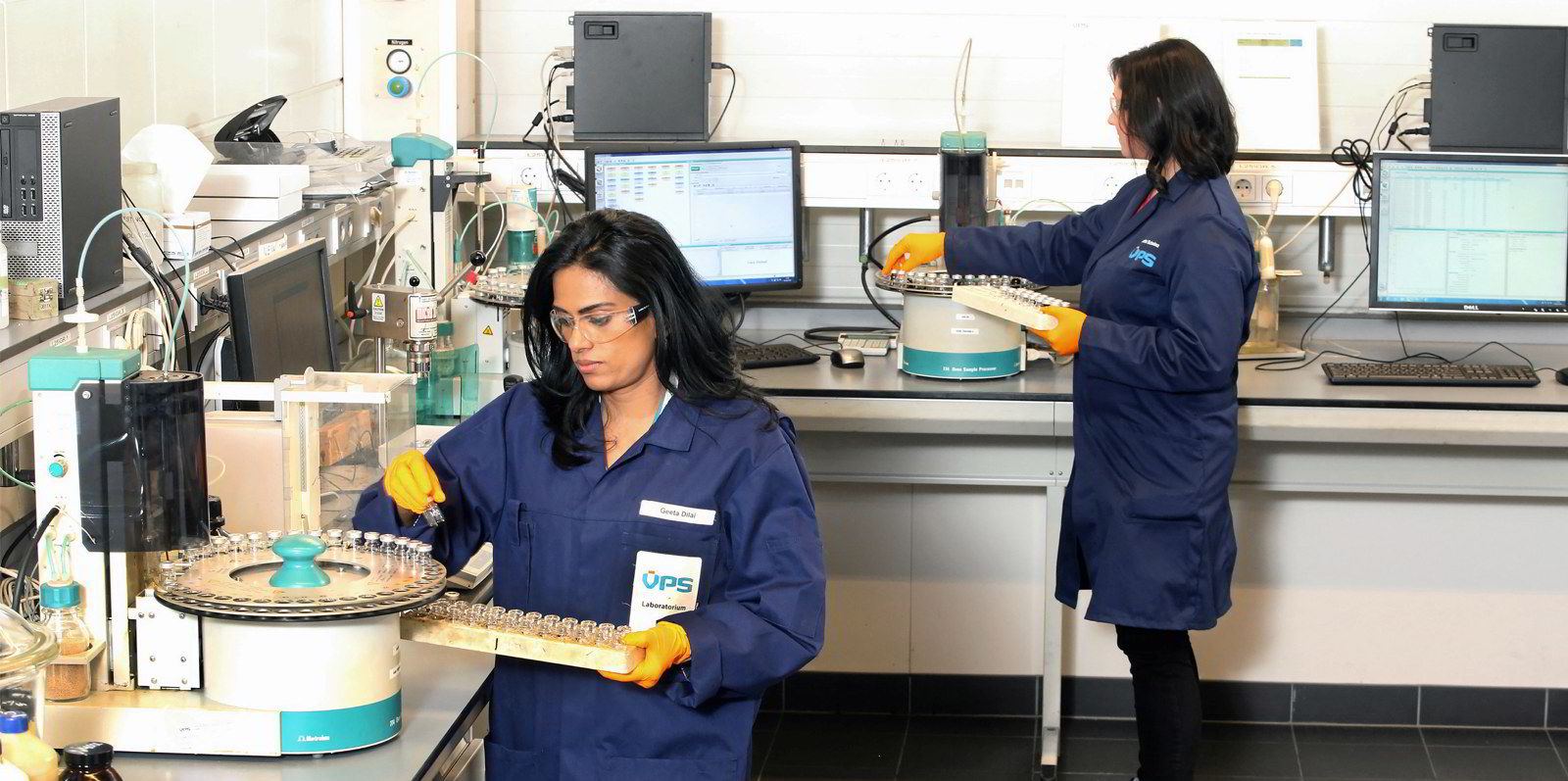
The IMO’s regulatory process “was an ill-thought through decision that failed to comprehend the design, development, quality assurance, monitoring and gradual testing phase needed to scale up a completely novel fuel into a global supply chain”, Degnarain said.
He said VLSFO is an “experimental fuel” with “hazardous chemicals”, and “thousands of ships around the world [using it] are at risk of catastrophic engine failures, putting the lives of millions of sailors, coastal communities and the ocean environment at risk around the world”.
“The VLSFO ship fuel issues meant added pressure and workload from the mechanical and engine malfunction issues, all of which pushed crews to the limit, and in the case of the Wakashio in Mauritius, beyond the limit,” said Degnarain, describing the event as a “shipping-gate” scandal.
Industry findings
In a survey report published in August, Bimco, Intertanko, Intercargo and the International Chamber of Shipping said the IMO 2020 switch was not “without problems”.
The joint survey received 192 responses from shore-based personnel, and 29.2% of them had experienced bunker fuel products whose sulphur content may exceed 0.5%.
But most fuel surveyors and shipowners that spoke with TradeWinds over the past year have found no widespread issues in using VLSFO.
In an email to TradeWinds, the IMO said it was not aware of any safety issues with VLSFO being reported by shipowners, operators, bunker suppliers and member states during 2020.
VLSFO will need to meet the fuel quality standards stated in the IMO’s Marpol Annex VI, and the International Convention for the Safety of Life at Sea has regulations on issues like flashpoint.
As per industry practice, VLSFO must also fall in line with the International Organization for Standardization 8217:2017 specifications of marine fuels and Publicly Available Standard 23263:2019.
Panama, the flag state for the Wakashio, said the vessel diverted before running aground because its crew was seeking internet connectivity and a mobile phone connection to contact families. The findings are preliminary.
The IMO said it would not be appropriate to speculate “the cause of certain accidents until the release of the full investigation reports”.
